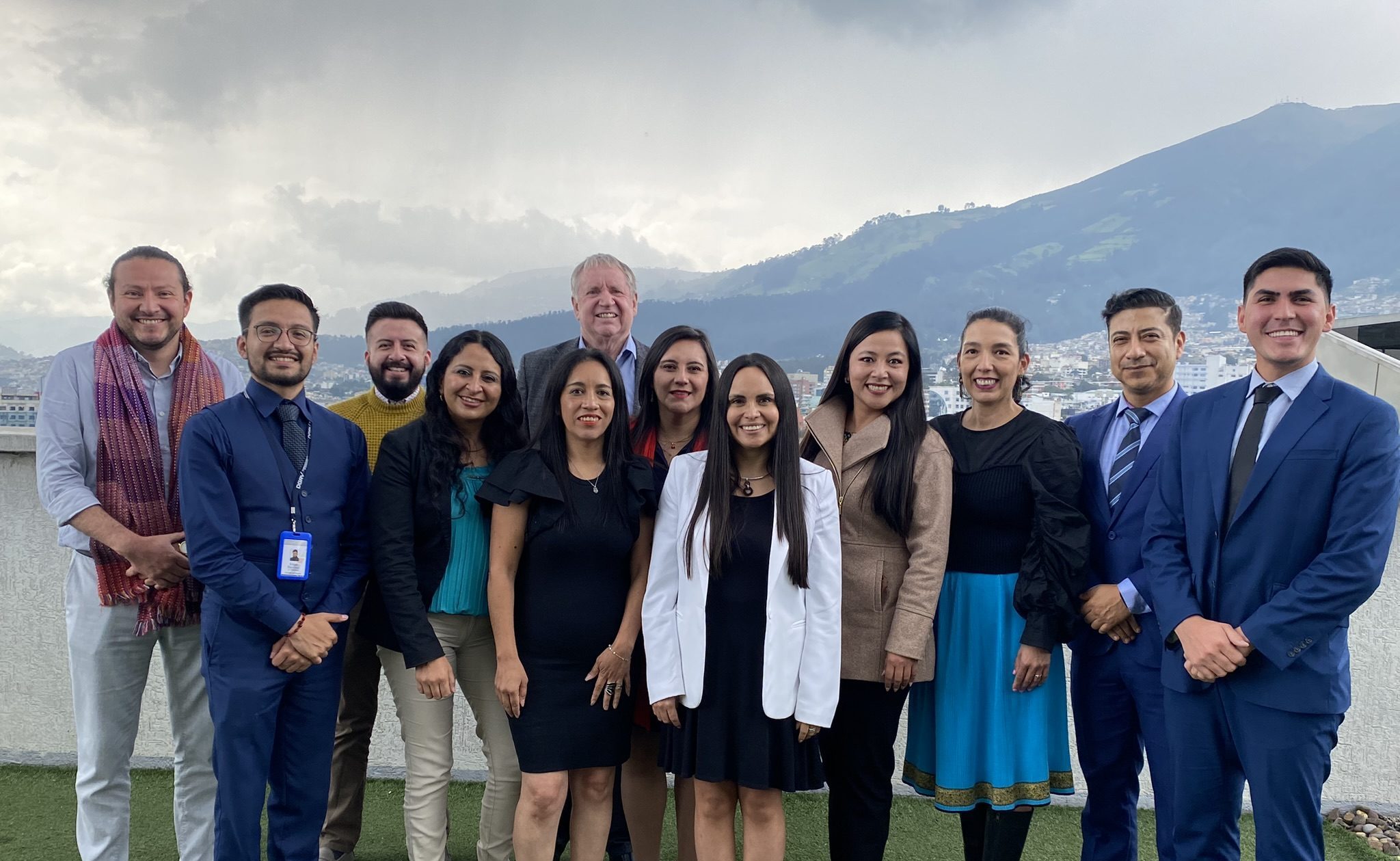

DGRV is active nationwide in the Ecuadorian cooperative sector. The aim of the project is to improve the income situation of micro-entrepreneurs and family farms, as well as to secure the savings of members of savings and credit cooperatives.
At makro level, the DGRV team in Ecuador advises the supervisor of the cooperative sector (SEPS) on legislative proposals and provides assistance in staff training.
At meso level, DGRV works together with the central bank of the Ecuadorian savings and credit cooperatives, FINANCOOP. FINANCOOP strengthens its member cooperatives using DGRV tools in the areas of good governance and social accountability.
At micro level, DGRV works directly with the savings and credit cooperatives. Through a range of software tools, such as the MicroScore (a program to evaluate credit risks for microcredits), DGRV supports the credit unions in their daily work. All DGRV tools used by savings and credit cooperatives aim to promote financial inclusion, especially for the rural population, and to ensure the proper and efficient management of the savings entrusted to credit unions. In doing so, DGRV makes an important contribution to the stability of the Ecuadorian financial system.
In addition, DGRV supports the savings and credit cooperatives in establishing a green credit line. The term “green credit line” refers to a range of financial products such as loans, which are specifically designed to finance investments that make a positive contribution to environmental and climate protection. Also, at micro-level and in cooperation with the credit cooperative “Vis Andes”, DGRV supports associations of family farms in the province of Cotopaxi. By networking several groups and the joint purchase and sale of goods, the families involved in the project should be able to increase their income.
Our project in Ecuador contributes to several Sustainable Development Goals, especially:
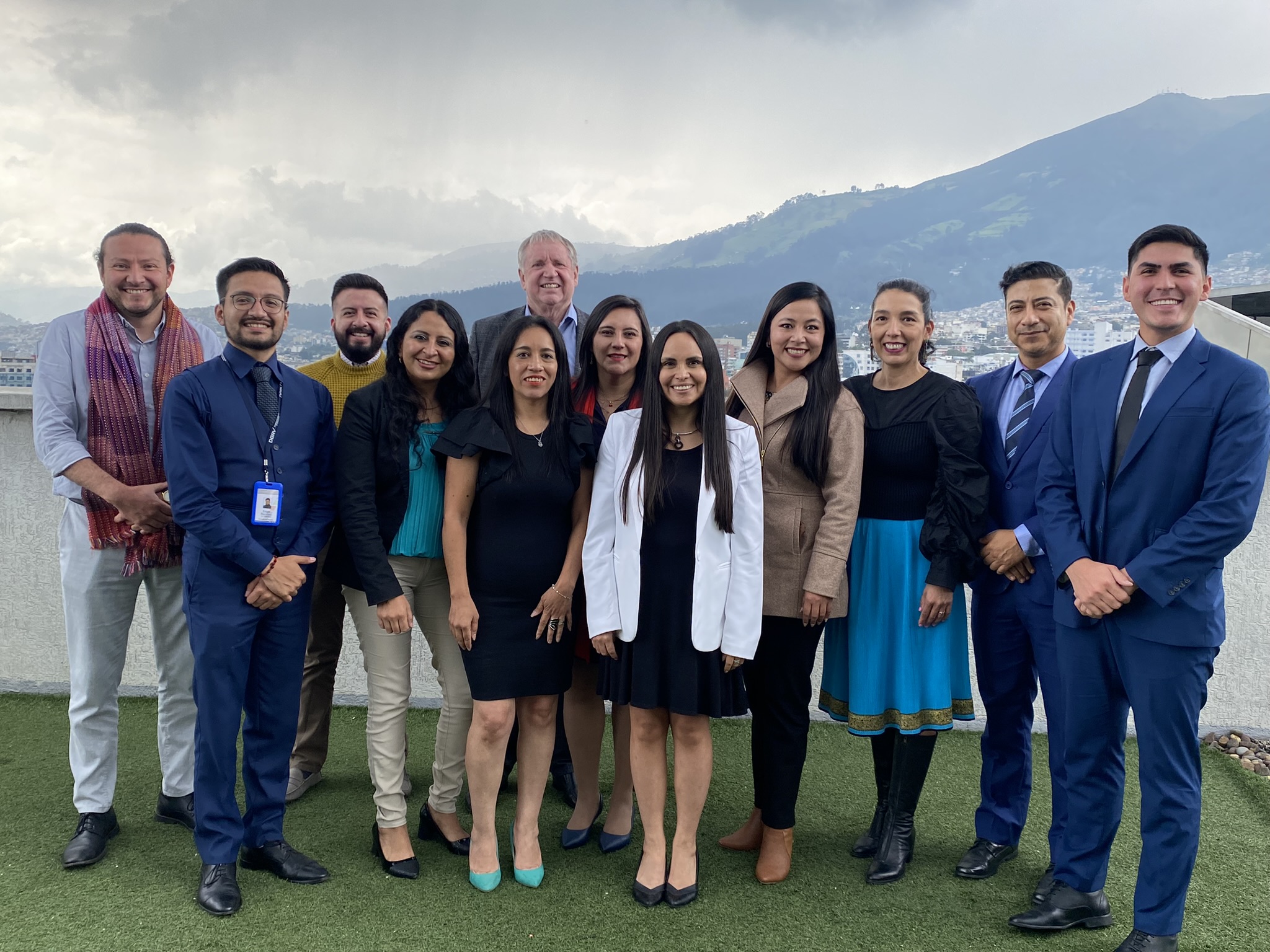
Dr. Matthias Arzbach
Klaus Hesse
Lorena Bermúdez
Yndira Montagne
Adrian Freire
Fernando Espinosa
Gabriela Cabezas
Mónica Molina
Rodrigo Mullo
Alejandro Romero
Liliana Ligña
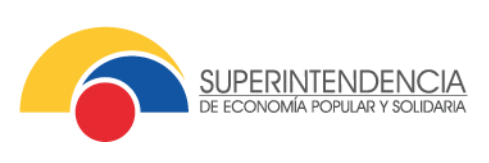
SEPS is a government agency with the task of monitoring and regulating the Ecuadorian solidarity economy (savings and credit cooperatives, real estate cooperatives, associations, etc.). With the SEPS we work on regulatory issues and social balance.
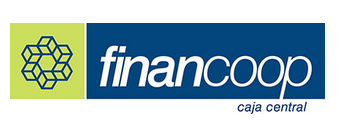
FINANCOOP is the central bank of the savings and credit cooperatives in Ecuador. Member cooperatives have the option of providing themselves with liquidity via a credit line. DGRV is working with FINANCOOP in areas such as good governance or social balance.

The Savings and Credit Cooperative Vis Andes offers classic financial services to members as well as non-members. These include, for example, microcredits or savings accounts. Vis Andes is our partner in the project section rural networks.
Rumipamba E2-214 y Av. República
Edif. Signature, Piso 7, Of. 701
170201 Quito – Ecuador
F. +593 (2) 351-8389
ecuador@dgrv.coop
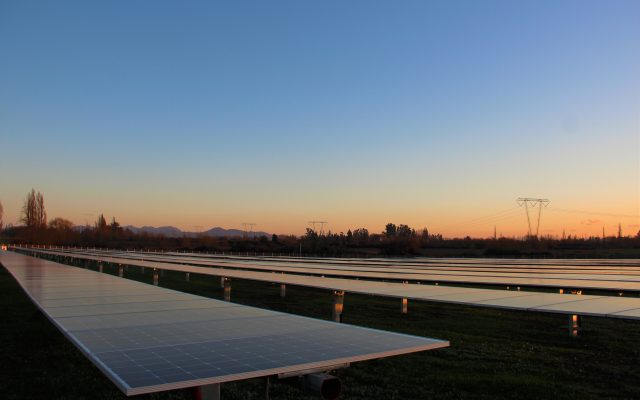 Latin America
Latin America Our activities in Chile are part of the CoopSur Project. Within the CoopSur project, we work with cooperatives and other forms of member-based cooperation in the agricultural sector, the financial sector, and the renewable energy sector. The project’s objectives pursue a multilevel approach in all sectors, addressing sustainability, protection, competitiveness, stability and continuous training. The […]
More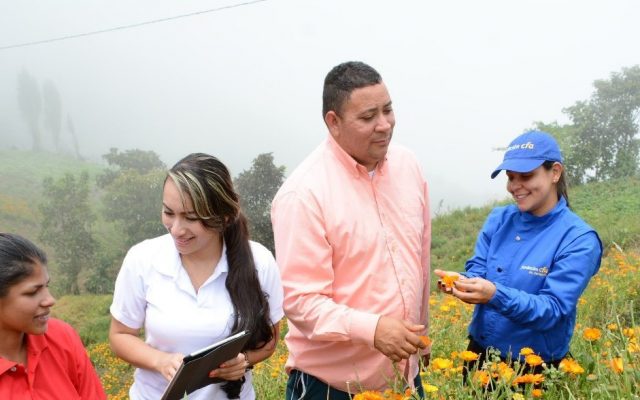 Latin America
Latin America The project work in Colombia mainly focuses on two key areas: DGRV supports its partner VISIONAMOS, operator of the Red Coopcentral payment system, in running a technical advice program for affiliated credit cooperatives. The focus is on strategic and financial planning, social balance sheets, an internal control system and profitability calculations. The benefiting cooperatives make […]
More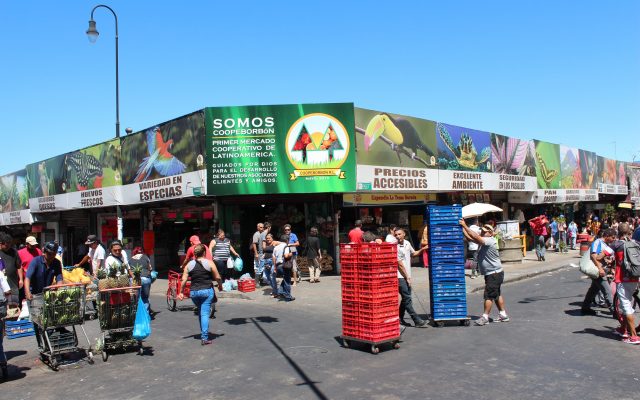 Latin America
Latin America DGRV project activities in Costa Rica mainly focus on two key areas: We support our partner INFOCOOP, the public cooperative institute, in fostering its supervisory function providing three different softwares for credit union financial indicators, for assessing the internal control systems and performing financial audits of all types of cooperatives. INFOCOOP is also advised by […]
More